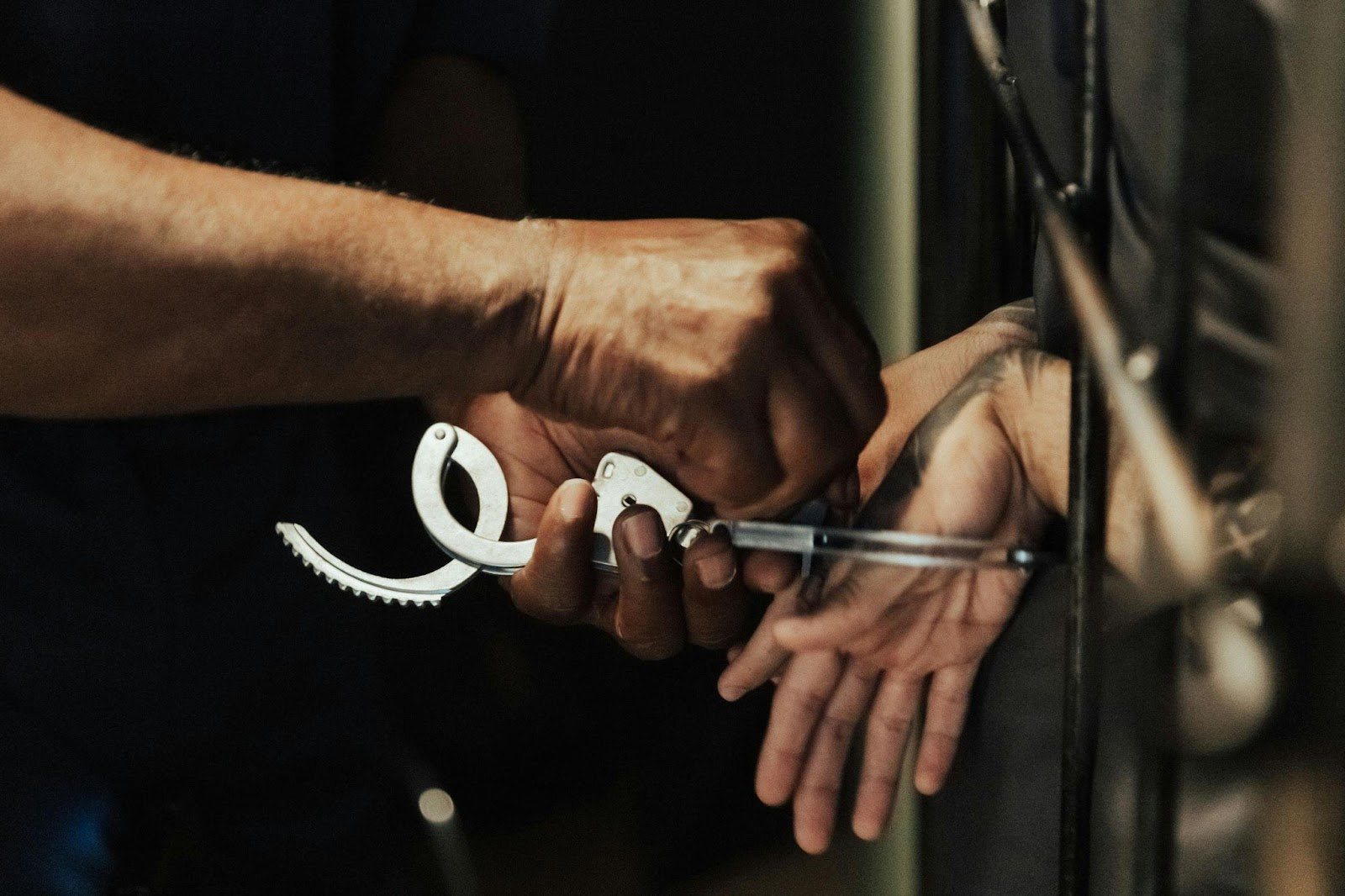
In a ruling that pierces the shield of state immunity, Alabama Circuit Court Judge J.R. Gaines has allowed a disturbing lawsuit to proceed against the Alabama Department of Corrections and the University of Alabama at Birmingham.
Eight families allege that state officials illegally harvested and studied the organs of their deceased incarcerated relatives without consent, then attempted to conceal their actions.
The Allegations
The consolidated lawsuits paint a troubling picture of systematic organ harvesting from deceased inmates. The families claim that the Alabama Department of Corrections allowed UAB to study organs from their relatives who died while incarcerated, all without obtaining consent from next of kin as required by state law.
The case gained particular attention through the story of Kelvin Moore, who died in 2023 at Limestone Correctional Facility in northern Alabama.
When Moore’s body was returned to his family, it came without his organs. His family drove four hours to UAB, where they received a sealed red bag they were told contained their brother’s remains. They buried the bag along with his body.
“You’re robbing the deceased. We’re responsible for laying them to rest. We probably can never lay Kelvin to rest now,” said Simone Moore, Kelvin’s brother, at a February hearing.

The State Immunity Defense
Lawyers for the state entities argued that their actions were protected by state immunity, which shields officials acting within their official capacities.
They contended that because the autopsies were authorized by a contract between two state entities—the Department of Corrections and UAB—they were immune from lawsuit.
Judge Gaines rejected this argument, writing that immunity doesn’t apply when officials’ actions violate the law or when they act “willfully, maliciously, fraudulently, in bad faith, beyond their authority or under a mistaken interpretation of the law.”
Financial Incentives Revealed
Court filings include a damning 2018 study by former UAB medical students that reveals the financial dimensions of the alleged practice.
Between 2006 and 2015, UAB’s Division of Autopsy derived 23% of its yearly income from Department of Corrections autopsies and 29% from the state’s Department of Forensic Sciences.
The medical students’ report provided a chilling rationale for using inmates’ organs: they were considered especially valuable for study because diseases were often more severe due to a lack of medical attention in prisons.
As the families’ lawyers put it in their complaint, “it is easier to study a 3 cm tumor than a 3 mm one.”
One report indicated that a third of the samples in the lab studying lungs came from deceased incarcerated people.

Legal Violations
The families’ attorneys argue that the entire practice violated Alabama law, which explicitly prohibits medical examiners from keeping organs without consent from the next of kin.
Lauren Faraino, representing all eight families, stated: “We are encouraged to see our legal system affirm that no one is above accountability. What our clients seek is recognition that harm occurred and a path forward rooted in responsibility and truth.”
Pattern of Misconduct
Faraino has characterized the allegedly illegal practice as representing a “pattern” of behavior.
Beyond the eight families in this consolidated case, two more families have filed separate lawsuits with similar allegations in Jefferson and Barbour counties, suggesting the practice may have been widespread.
Statute of Limitations Ruling
In another significant aspect of the ruling, Judge Gaines determined that the statute of limitations doesn’t apply to inmates who died more than two years ago if the defendants attempted to fraudulently conceal their alleged crimes.
This opens the door for families of inmates who died years ago to potentially seek justice.
The Broader Implications
Michael Strickland, an attorney for the families, highlighted the double standard at play: “If this was occurring at a local hospital, if this was occurring at a local funeral home, the AG’s office would be investigating it, not using their lawyers to defend it.”
The case raises profound questions about:
- The treatment of incarcerated individuals even after death
- The exploitation of vulnerable populations for medical research
- The limits of state immunity when officials violate citizens’ rights
- The adequacy of oversight in state institutions
These fundamental issues strike at the heart of whether incarcerated individuals and their families retain basic human rights that the state must respect, even within the correctional system.
Medical Ethics Concerns
The revelation that inmates’ organs were particularly valuable because their untreated conditions made them better research subjects exposes troubling ethical failures on multiple levels:
- The inadequate medical care that allowed diseases to progress untreated
- The exploitation of that medical neglect for research purposes
- The violation of basic human dignity and family rights
This grotesque cycle – denying proper medical care, then profiting from the resulting advanced disease states – represents a betrayal of both medical ethics and the state’s duty to those in its custody.
Moving Forward
With the motion to dismiss denied, the case will now proceed to discovery and potentially trial.
The families seek not only acknowledgment of the harm done but also accountability for what they see as a systematic violation of their rights and the dignity of their deceased relatives.
This case joins a growing body of litigation challenging practices within Alabama’s correctional system, from execution methods to medical care to the treatment of the deceased.
Let Justice Roll, With Baxley Maniscalco
When state institutions violate your fundamental rights or those of your loved ones, you need attorneys willing to take on powerful government entities. Our experienced attorneys here at Baxley Maniscalco understand the complexities of challenging state immunity and holding officials accountable for their actions.
Our team has extensive experience in cases involving institutional misconduct, violations of constitutional rights, and the intersection of criminal justice and civil litigation.
We know how to navigate the unique challenges of suing state entities and building cases that can pierce immunity defenses. Whether dealing with prison conditions, medical neglect, or violations of human dignity, we fight to ensure that no institution is above the law.
If you believe your rights or those of a loved one have been violated by state officials or institutions, don’t let them hide behind immunity.
Contact Baxley Maniscalco for a confidential consultation.
Can't find what you're looking for? Search our site below.










